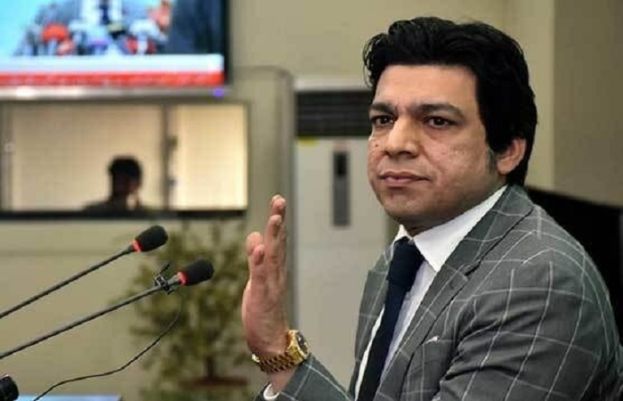Senator Faisal Vawda stated that the 27th Constitutional Amendment is “on track” and will be passed “smoothly,” highlighting its importance for Pakistan’s security and stability. He emphasized that the amendment is crucial for the country’s survival and underscored that Parliament has full authority to legislate when necessary. Vawda added that PPP Chairman Bilawal Bhutto-Zardari’s recent tweet appeared aimed at fostering consensus rather than creating divisions. “Bilawal has been transparent he expressed his stance publicly rather than behind closed doors,” he said, noting that the overall atmosphere in Parliament has improved, which he described as “a positive sign for Pakistan.” On broader political dynamics, the senator remarked, “In Pakistan, decisions are either made openly or under pressure. Bilawal Bhutto is a democratic leader and a guarantor of democracy, while Asif Ali Zardari is a master strategist in politics.” Vawda also stressed that matters of national security must remain under federal control, arguing that it is unsustainable for the federal government to borrow funds only to distribute them to provinces “like beggars repaying loans.” Regarding PTI affairs, he described Shah Mahmood Qureshi as “technically innocent” but politically weakened. “PTI cannot be run by a single individual; there are other capable leaders within the party,” he said, reiterating his earlier prediction that Ali Amin Gandapur would eventually be sidelined by Imran Khan with government backing. Warning against confrontation, Vawda said, “If they come out in a defiant mood, there will be consequences from public backlash to possible restrictions.” He cautioned that the state cannot allow both “opium cultivation on 12,000 acres” and “protests on the streets” simultaneously. He added that politics is about dialogue and finding solutions. “If Imran Khan avoids dialogue, he will lead himself and his party into isolation,” Vawda warned. “If PTI marches on Islamabad on November 25, it could face a ban and even governor’s rule might be imposed,” he concluded. Key Reforms Under 27th Constitutional Amendment It mostly targets several core articles, collectively aiming to centralize key powers and alter the judicial hierarchy. The most significant proposals include: Removal of NFC Award Protection (Article 160 & Clause 3A): The government reportedly seeks to remove the constitutional protection given to the provincial share in the National Finance Commission (NFC) Award. This provision, which guarantees provinces a minimum share of federal revenues, is a cornerstone of provincial autonomy established under previous amendments. Judicial Restructuring and Constitutional Court (Article 191A & New Article): The proposal calls for the abolition of Article 191A and the introduction of a new article to establish a Constitutional Court/Supreme Constitutional Court. This would fundamentally change the judicial landscape, modifying where ultimate authority for constitutional interpretation resides. Amendments to Article 200 are also included, relating to the transfer of High Court judges. Reversal of 18th Amendment Subjects (Schedules II & III): The draft seeks to revert the subjects of education and population planning back to the federal government’s control, reversing their delegation to the provinces under the 18th Amendment. Authority Over Armed Forces (Article 243): Amendments are proposed to Article 243, which places the command of the Armed Forces under the authority of the Federal (civilian) government. Chief Election Commissioner Appointment (Article 213): The amendment proposes modifications to Article 213 to revise the process for the appointment of the Chief Election Commissioner (CEC), aiming to resolve persistent appointment deadlocks.
Senator Vawda confident of smooth passage of 27th Constitutional Amendment

